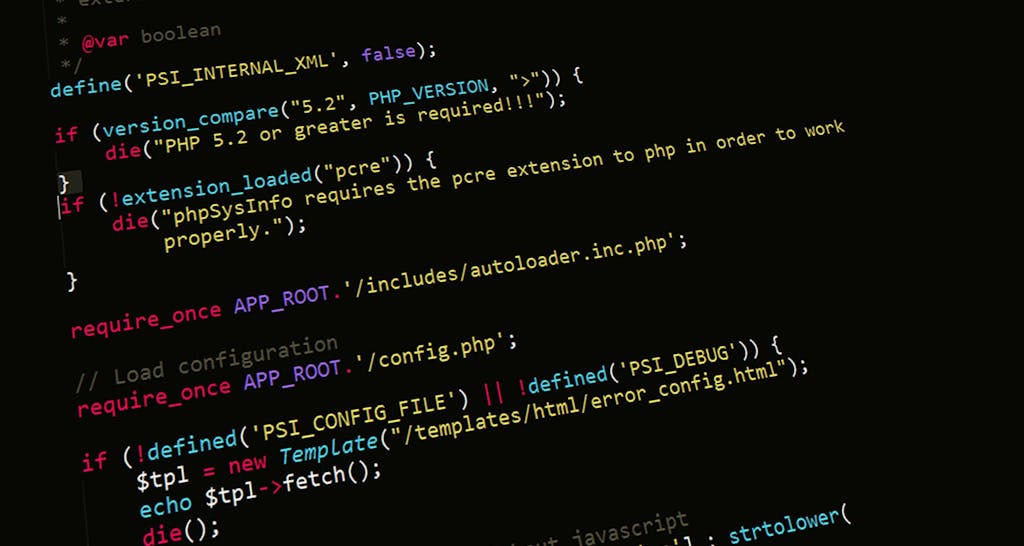This post may contain affiliate links or promotional content. We may earn a small commission at no additional cost to you. Information provided for educational purposes only. Please consult experts before making financial or legal decisions.
Consider sponsoring this post to help us share this knowledge with others! Email our team today.
Subscribe to Run The Money on Substack for more insights on financial resilience, audience growth, and building freedom in uncertain times.
The growth of predictive analytics in investing and gambling shows how data and machine learning are redefining modern decision-making.
The Rise of Predictive Analytics in Investing and Gambling
In both finance and gambling, success has long been dependent on one’s ability to read patterns, predict outcomes, and act with precision. For decades, traders and bettors were left to make their calls using intuition, experience and a bit of luck. However, the emergence of predictive analytics, which involves the application of data modelling, artificial intelligence, and machine learning techniques to predict events, is changing both worlds. What used to be the division between stock traders and sports bettors is now quickly breaking down, as they are both using algorithms and data to make better, faster, and more repeatable decisions.
This digital transformation has even permeated the way users interact with the platforms. For instance, betting tools such as betway login not only ensure seamless account access but also incorporate unique insights, real-time odds, and performance analysis. Whether in online sports betting or global financial markets, data is rewriting the distinction between investing and gambling.
The Emergence of Data-Driven Decision Making
Predictive Analytics is based on one premise – data shows probability. In the finance world, investors rely on large data sets to examine market trends, monitor the performance of companies, and predict changes in advance. From trading volumes to social sentiment, machine learning models can crunch thousands of variables in search of patterns that no human could ever recognise.
Related: Why AI Consulting Services for Small Businesses Are Key to Maximizing ROI
In addition, betting sites now utilise predictive algorithms that determine odds, analyse player performance and guide users to make informed decisions. Gone are the days when bettors had to pore over a newspaper’s sports section for valuable insights; today, they can rely on advanced dashboards with advanced statistical analysis and AI-based predictions. Integrations like betway login allow users to access live analytics, informing them of changes in odds or match momentum, allowing them to respond promptly.
In both industries, predictive models have tamed randomness. Outcomes are still uncertain but uncertainty is now mapped, quantified and in some ways optimised.
Machine Learning and Human Intuition

The power of predictive analytics lies in the combination of computational intelligence and human intuition. In investing, traders use a combination of algorithmic predictions and human judgment, forming hybrid approaches that blend the wisdom of data with market experience. The same applies to bettors who are statistical model-driven and use their knowledge about teams, form, and psychology to make their bets.
This synergy is crucial since machines are great at analysing data, but they’re completely lacking context—the type of insight that comes with understanding motivation, emotion, or external factors. While a model might be able to predict a team’s win probability based on historical data, it would not be able to fully explain the psychological factors that could affect the team’s performance, such as locker-room tension or the impact of the weather on performance.
Betway login boasts of this synergy between man and machine. Users have access to algorithmic insights and real-time metrics, but it’s ultimately their understanding of what the data is telling them—when to bet and when to hold back—that will determine success. Similarly, in trading, analytics can forecast the potential movement of a stock; however, the psychology of investors often dictates when those analytics are applied.
Risk Management and Predictive Accuracy
There is one fundamental thing that both investors and bettors are looking for: effective risk management. Predictive analytics doesn’t mitigate risk – it shapes it. Through predictive systems, probabilities and outcomes are estimated using simulation and scenario analysis, allowing users to make informed decisions with a clearer understanding of risk-reward ratios.
In investing, predictive algorithms are used to identify early warning signals in the market, helping firms rebalance their portfolios before downturns occur. Analytics can also highlight probabilities that are out of balance, offering opportunities to bet where the odds are perceived to be more attractive than those that which is likely to occur – what professional bettors refer to as “value betting.”
Similar platforms that integrate tools like Betway login provide bettors with comparable benefits, offering access to live updates of trends and market behaviour. This transparency fosters disciplined decision-making and enables users to approach wagering with a less gamble-like mindset and more of an investment mindset.
Data also helps create accountability for risk management. Both the financial services industries and gambling operators are using analytics for fair play, fraud detection, and system integrity. Anomaly detection models are used to monitor trends and patterns, identifying problematic transactions or betting patterns before they become serious issues.
Both traders and bettors now rely on predictive analytics in investing and gambling to balance risk and improve returns.
The Blurring of Lines between Investment and Gambling
The fact that the stock market and the sportsbook have a lot of technology in common is no accident – it speaks to a larger philosophical convergence. Both are based on probability, psychology and pattern recognition. Both reward and discipline are very rational. And both now run in ecosystems formed by data science.
Traders utilise predictive models to forecast earnings and market trends. Bettors form similar models of how games will turn out. In both cases, it depends on the insight from correctly understanding probability. As predictive analytics develops further, the line between “speculation” and “investment” becomes increasingly blurred.
Websites like Betway login physically embody this convergence. The access, speed and analysis depth that professional traders had previously enjoyed are now available to ordinary users. Traders today use analytical math in the same way they use trends, algorithms, and machine learning output to make every move – bettors are no different.
Final Thoughts: Data as the Great Equalizer
As predictive analytics in investing and gambling becomes mainstream, the line between skill and chance continues to fade. Predictive analytics is transforming how both investors and bettors operate — turning gut-driven speculation into measurable, data-informed strategy. The same models that power hedge funds are now within reach of everyday users, proving that when data leads, confidence follows.
Some content on this site is contributed by partners or external sources. All submissions are reviewed for quality.

0 responses to “Betting on the Market: How Predictive Analytics Is Changing Investing and Gambling”